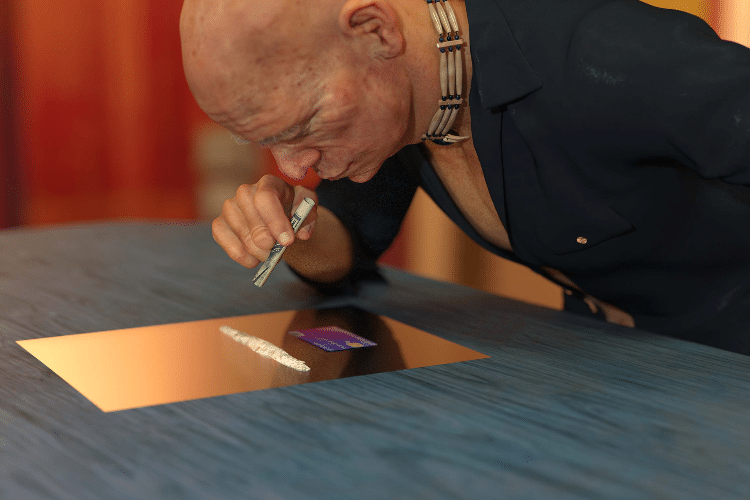
Addiction: Your Treatment Options
Recovering from substance abuse isn’t easy. It requires…
- self-discipline.
- a tremendous amount of willpower.
- proactiveness in your recovery.
Treatment begins with an essential first step which is acknowledging and coming to terms with substance dependence.
Once you take that difficult first step, you’re ready to find a treatment program to support you on your journey to healing and happiness.
There are many different options when it comes to addiction treatment plans.
For example, many people opt to start a detox program before entering a rehabilitation facility when suffering from severe addiction. In contrast, others decide to check into an inpatient or outpatient rehab program right away.
Once the rehab program is complete. You should continue to attend therapy and support groups to reinforce the lessons you learned during your time at Cornerstone Rehab.
Table of Contents
Treatments
Although it’s important to remember that there’s no “one-size-fits-all” approach for addiction recovery. You must make sure the treatment you choose is right for you.
Inpatient Rehabilitation
Inpatient or residential rehab facilities offer comprehensive and structured treatment plans that will holistically address every aspect of your addiction.
You’ll reside in a substance-free facility. Your recovery will be supported by therapy and 24-hour medical care.
Inpatient rehab is an excellent option if you suffer from chronic addiction that is exacerbated by a co-occurring behavioral or mental disorder.
Outpatient Rehabilitation
While outpatient rehab facilities usually offer the same therapies and treatments as inpatient facilities, they are not residential. This means that you’ll be allowed to live at home during your treatment and schedule sessions at the facility to support your recovery throughout the week.
Outpatient rehab might be the right option for you if you need to continue working or caring for your family while you are receiving treatment.
However, it’s important to note that outpatient programs will not remove you from your environment – so you may encounter triggers that may challenge your recovery.
Due to the nature of outpatient treatment plans, they are a good option if you have a mild form of addiction or if you are looking to transition back into your environment after completing an inpatient treatment program.
Detoxification
Detoxification is often the first mode of treatment for those recovering from addiction because it helps the individual safely withdraw from alcohol or drugs.
Informs of moderate or severe addiction, detoxification from certain drugs often requires medical-assisted therapy. This eases withdrawal symptoms. These medications are then tapered down until the patient is no longer physically addicted to the substance.
Therapy
Your therapy options will include a variety of approaches that will be in individual or group sessions. The therapy that will be the most effective for you during recovery will depend on your substance abuse patterns and health.
The two most common therapies to support recovery are biofeedback therapy and cognitive behavioral therapy.
Biofeedback Therapy
Biofeedback therapy does not utilize medication. However, it helps people in recovery understand the body’s involuntary processes by using electronic sensors and monitoring brain activity.
Cognitive Behavioral Therapy
Cognitive behavior therapy is designed to help recovering patients identify the thoughts, feelings, and triggers that may lead to a relapse.






